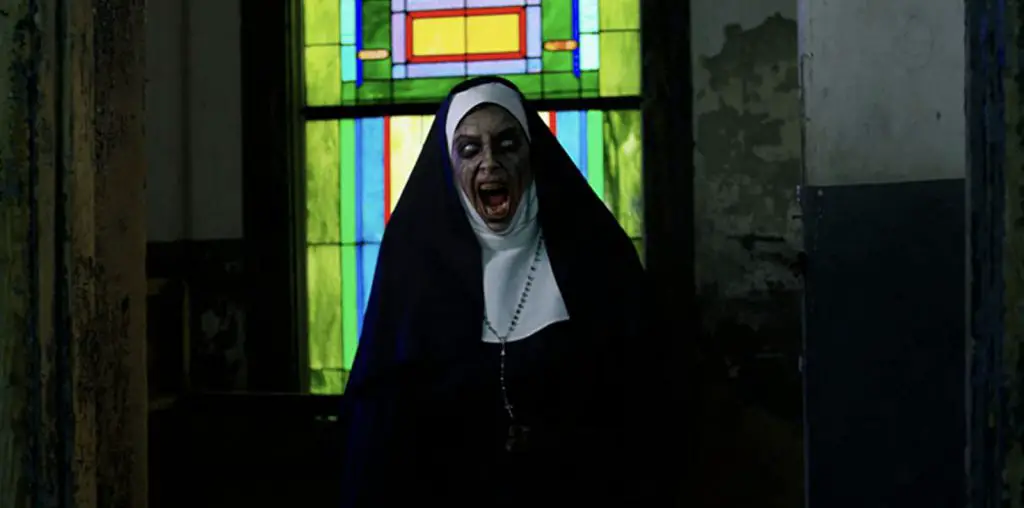
You can, more often than not, tell when a short film was originally meant to be a full length movie. There’s a very specific kind of momentum to the storytelling where you immediately leap into the middle of the action and then leave everything a bit unresolved as the credits roll. It’s a bit like getting a wrong number call from someone who then proceeds to talk your ear off about some exciting idea before hanging up suddenly, leaving you to wonder “Who the hell was that???”
Blind, on the other hand, was written as a short film. This is a good thing. It’s not that shorts derived from truncated full length films are bad. Don’t get me wrong. I enjoy them as much as anything else. It’s just that I like seeing the kind of stories that couldn’t have been told any other way except as a short. There aren’t a lot of those around and I treasure them when I find one.
A young man from L.A. gets lost in the Paris subway and meets a blind Frenchman who offers to show him where to catch his next train. I’d go on, but there isn’t much more than that, nor does there need to be. Blind isn’t about plot or story, it’s about feeling. It’s about one of those small, intimate moments in your life that feels as if a combination of events all came together perfectly in order to create a strange but perfect surreal moment, one that words will later fail to convey to others why it felt so special to you. The credits say that this was a true story that happened to writer and star Sunil Sadarangani, and it shows. It has the tone and rhythm of reality, never once feeling like fiction, which is why it’s perfect as a short. Longer films need to shove all their ideas into three acts in order to work, and true life is too haphazard and messy and random to make for a very enthralling 90 minute film.
Blind doesn’t try to explain itself too much, it just unfolds in a natural way and then lets you to make your own conclusions. The two men talk, but of nothing particularly important. They just enjoy each other’s company and walk a bit of the way down the road together. It’s obvious that if they both lived in Paris or if they were both traveling through Europe, they’d become fast friends, but alas they’re just passing each other by going in different directions.
I love the cinematography, which is thematically linked around the concept of seeing, filled with interesting angles and point of view shots, and the editing that times every shot in the movie so perfectly that every scene lasts only as long as it needs to. If visuals were words, Blind would be poetry.
In the end, I’m left with the feeling that neither Sadarangani nor any of the other filmmakers know what to make of the lesson to be learned here, or if there was any lesson to begin with. However, it was one of those “moments” that happen to all of us at one time or another, and they all felt it was important enough to share. I’m glad they did. I don’t know what it meant to me. I don’t know what it meant to them. Perhaps it’ll mean something to you if you wander along the film’s path. I would recommend it. There are worse ways and worse company to spend thirteen minutes, and it’s a very good looking film.
This film was submitted for review through our Submission for Review system. If you have a film you’d like us to see, and we aren’t already looking into it on our own, you too can utilize this service.
